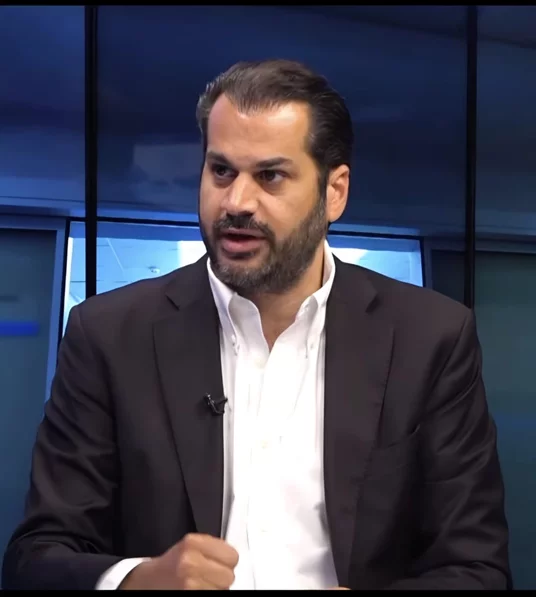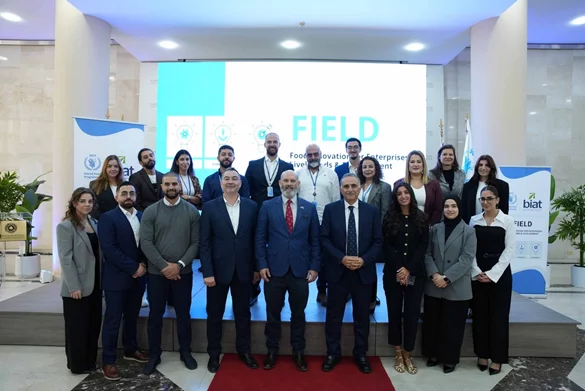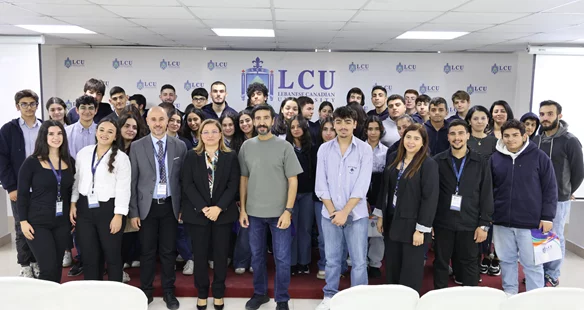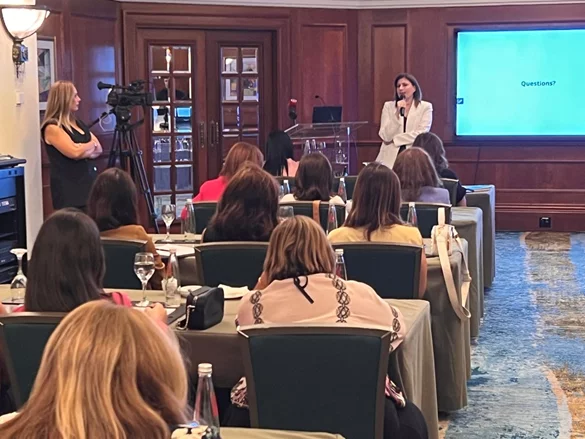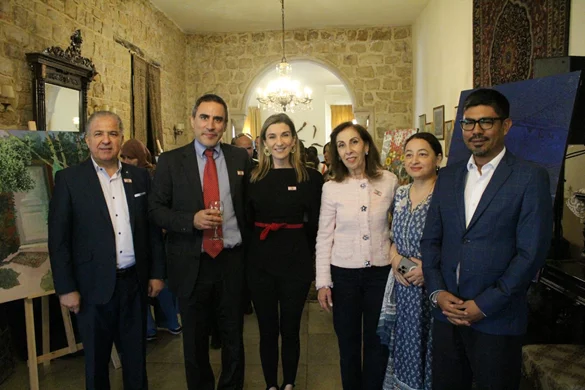Although parents adopt the best measures to make sure their children are healthy and protected, many of them are not aware that the best protection is through vaccination. In Line with the World Immunization Week 2017, Sanofi Pasteur in collaboration with the Lebanese Pediatric Society (LPS) and the Lebanese order of Physicians, organized a media briefing session to shed light on the role and the importance of vaccination to prevent communicable diseases.
This year, the World Immunization Week is adopting the theme "# Vaccines Work" across the globe with the aim of promoting the use of vaccines to protect people of all ages against diseases. Immunization saves millions of lives and is widely recognized as one of the World's most successful and cost-effective health interventions. Today, there are still 19.4 million unvaccinated and under-vaccinated children in the world. [1]
"There is high awareness level among Lebanese on the importance of Vaccination in preventing communicable diseases. We are lucky that vaccines are available in private and public clinics, but the main challenge remains in providing them to every child who needs them." stated Dr. Bassem Abou Merhi, President of the Lebanese Pediatric Society. "Any licensed vaccine is rigorously tested across multiple phases of trials before it is approved for use, and regularly reassessed once it is on the market. As LPS we have a public health commitment to protect our community by vaccinating all children," he concluded.
Vaccines interact with the immune system to produce an immune response similar to that produced by the natural infection, but they do not cause the disease or put the immunized person at risk of its potential complications.
2017 marks the halfway point in the Global Vaccine Action Plan (GVAP) - endorsed by 194 Member States of the World Health Assembly in May 2012, Lebanon being one of them - which aims to prevent millions of deaths from vaccine-preventable diseases by 2020 through universal access to immunization.
In 2015, 116 million infants worldwide received 3 doses of diphtheria-tetanus-pertussis vaccine protecting them against infectious diseases that can cause serious illness and disability, while about 85% of the world's children received one dose of measles vaccine by their first birthday through routine health services - up from 73% in 2000. As for Polio, cases have decreased by over 99% since 1988[2] .Due to the success of immunization, some diseases are no longer perceived as a threat.
"Vaccines work but they have become a victim of their own success; With diseases less visible, people may question the need to continue to vaccinate." Dr. Alexander Goldstein, Head of Medical Experts EURASIA at Sanofi Pasteur emphasizes on the need to maintain continuous high coverage rates in order to prevent outbreaks and re-emergence of vaccine preventable diseases.
"We need to constantly remind the public why we vaccinate, that vaccination works, it protects people and keeps them healthy". He adds: "Healthcare professionals are consistently a trusted source of vaccine information, and a firm recommendation from an HCP is a strong positive influence on people's decisions to vaccinate; the media also plays an important role, and we need to inform and educate the press and through them the public on the importance of vaccination and to increase the trust in high quality vaccines. At Sanofi Pasteur, we are committed to bringing high quality innovative vaccines to protect people of all ages against diseases, but we also engage with the public health community to maximize sustainably vaccination impact".
Expanding access to immunization is crucial to achieve the Sustainable Development Goals. Routine immunization is a building block of strong primary health care and universal health coverage - it provides a point of contact for health care at the beginning of life and offers every child the chance at a healthy life from the start.
"According to the World Health Organization (WHO), vaccines are available to protect against more than 26 infectious diseases and as a pioneer in vaccine innovation, we at Sanofi Pasteur produce a portfolio of high quality vaccines that has contributed to the eradication of numerous diseases throughout history," said Marwan Sherif, Country Head Levant at Sanofi Pasteur. "The key reasons we are taking part in WIW is to protect ourselves and to protect those around us, as successful vaccination programs depend on the cooperation of every individual to ensure the wellbeing of all," he concluded.
World Health Organization launched the Vaccine Safety Net, a global network of vaccine safety websites aiming to provide access to accurate and trustworthy information about vaccines. [3]




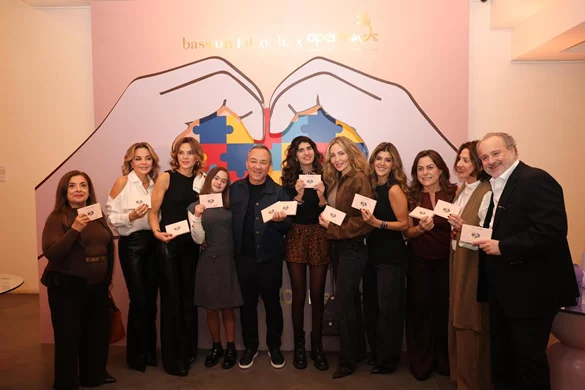





.webp)
